
Participants at the launch of this year's annual report on the Management of Petroleum Revenue have questioned the wrongful transfer of US$13,518, 852.98 into the Ghana Revenue Authority's account instead of the Petroleum Holding Fund (PHF).
The wrongful transfer according to the PIAC report was the second in succession, an arbitrary act in contravention with ACT 815 of Act 2011.
Lawyer Fifi Buckman, a private legal practitioner and Mr Emmanuel Opoku, a Media practitioner, both wondered why such an anomaly should be accepted and reported for the second time. They expressed the concern during question time after the presentation of the Report.
Mr Buckman said, "It is about time we become serious as a country, put in the right measures and guidelines on such issues of national interest".
He said the Attorney General's Department, as a matter of urgency, write to the institution in question to quickly refund the monies with the appropriate interest for the development of the country.
Mr Opoku on his part called for punitive measures on such blatant violations of state laws to serve as a deterrent to miscreants.
The PIAC report, which is the seventh annual report, raised major concerns on why only 37 per cent of the utilized Annual Budget Funding Allocation (ABFA) was used for capital expenditure, less than the stipulated 70 per cent in the PRMA, whilst 63 per cent was utilized for the supply of goods and services in 2017.
According to the report presented by Dr Steve Manteaw, a Policy Analyst with ISODEC, a total of 58,656,063.54 barrels of crude oil was produced from Ghana's's three production fields in 2017, with an average price of US$54.42/bbl.
The report indicated that the Jubilee partners however sold at US$57.82/bbl and 58.30bbl respectively, whilst there was no lifting from SGN field by the Ghana Group due to GNPC's inability to meet its financial obligations to the Joint Venture Partnership.
Again, total petroleum receipts paid into the Petroleum Fund in 2017 was US$539,832.44, while an amount of US$99,658.80 earned as premium on the sale of the Ghana Group's second lifting from TEN was yet to be transferred to the PHF from GNPC.
In the year under review, US$13,518,852.98, which was wrongfully paid into Ghana Revenue Authority account instead of the PHF was yet to be transferred into the PHF as required by Act 815.
Dr Manteaw indicated that 97 per cent of the ABFA disbursement was spent on education, particularly the Free Senior High education, adding that, "With ghost projects all over, it is better to spend on education for the future of Ghana than lose millions in ghost projects".
The Ghana National Gas Company received raw gas worth US$94,776,691.97 and VRA lean gas worth US$279,910,118.08, which are yet to be paid.
Out of an amount of GH¢332.29 million into the ABFA, GH¢736.03 million was utilized leaving GHC403.74 million unutilized as at the end of 2017.
The ABFA spending went into education, Agriculture, Roads, Railways, Health, PIAC and other critical infrastructure among others.
The PIAC recommended that the Ministry of Finance therefore comply with provisions of section 21(4) of ACT 815 in respect of public expenditure.
The fact that the ABFA allocation was not fully utilized suggested non-compliance on the part of the finance Ministry and called on Parliament to take steps to ensure that approved budgets were complied with.
The Report also called for improved transparency in the management and disbursement of the Energy Sector Levy Act to help liquidate the sector's indebtedness.
It said the GRA must undertake annual tax audits on the partners without delay as witnessed in the 2011-2015 tax audit of Kosmos, which was taken in 2016.
The GNPC must take another look at its pricing and marketing policy for TEN to eliminate the significant price difference from that of Jubilee.
The PIAC found the recurrence of wrongful lodgement of Petroleum funds into GRA accounts unacceptable, adding that, the GRA must immediately transfer the accumulated funds into the PHF whilst the Ministry provided stringent guidelines to forestall such occurrences.
The PIAC is a statutory body established under Section 56 of the PRMA Act 2011 to monitor and evaluate compliance with the Act by government and relevant institutions in the management and use of petroleum revenues and investment.
It also helps to provide independent assessment on the management and use of revenues to assist Parliament and the Executive in the oversight and the performance of related functions.
Read Full Story
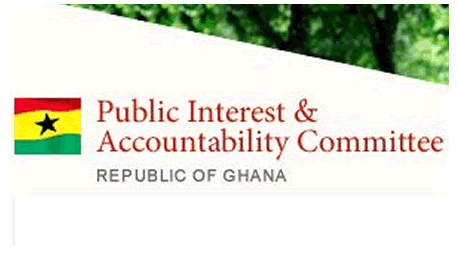
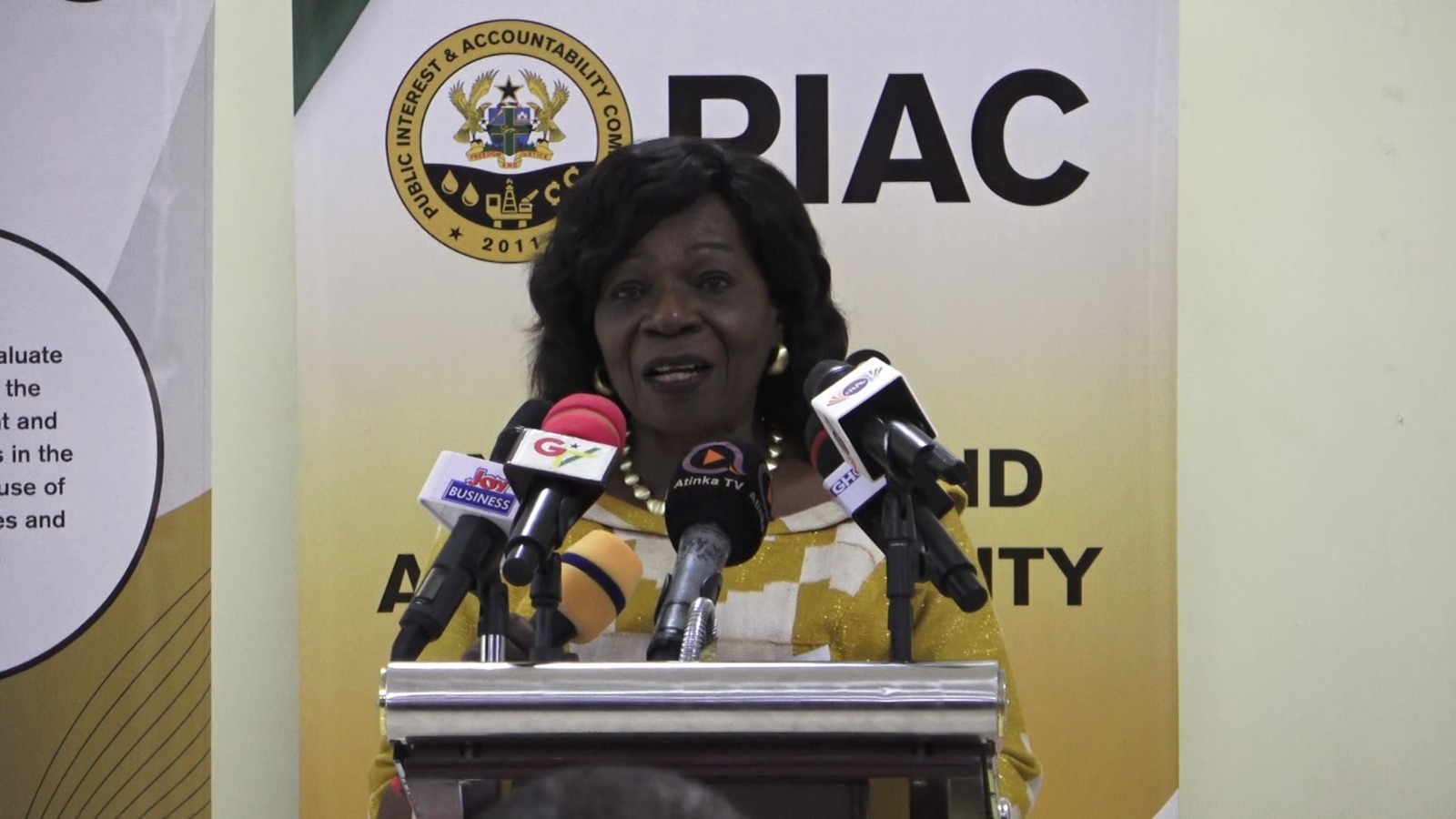
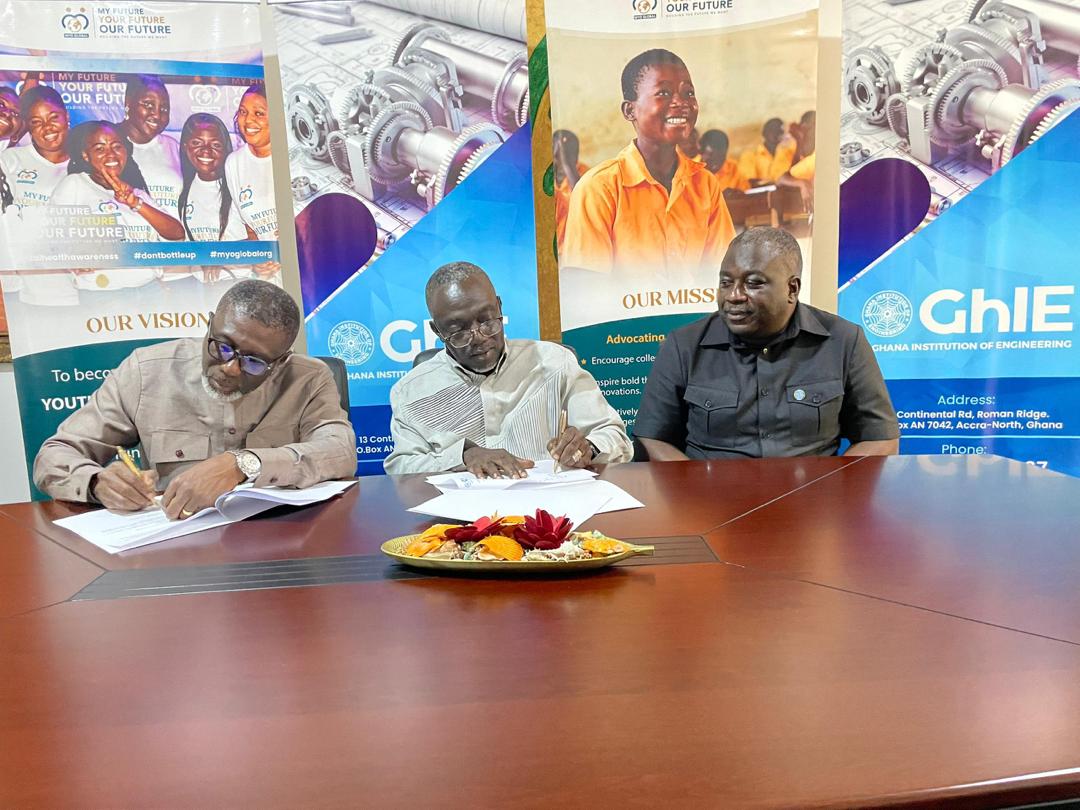

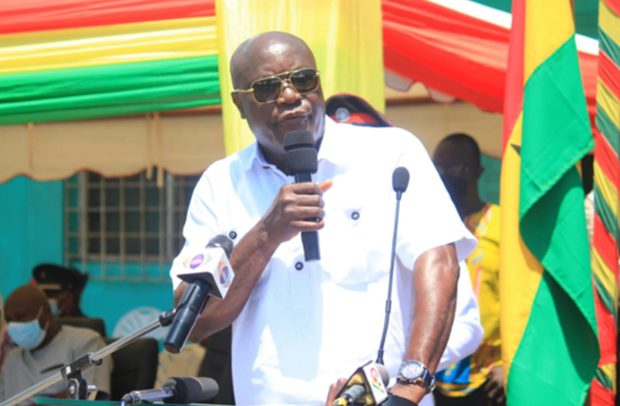
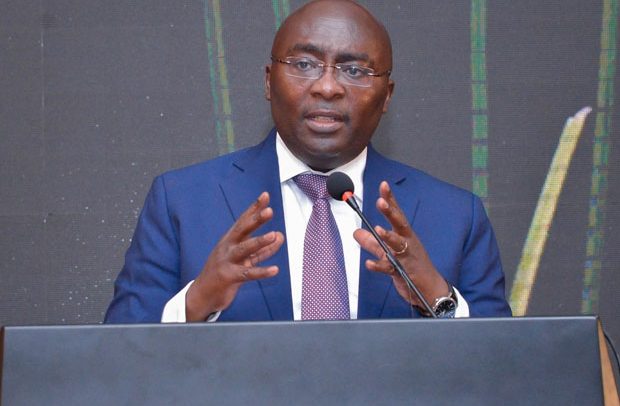












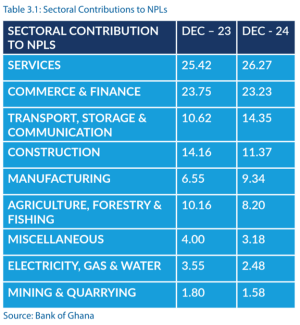
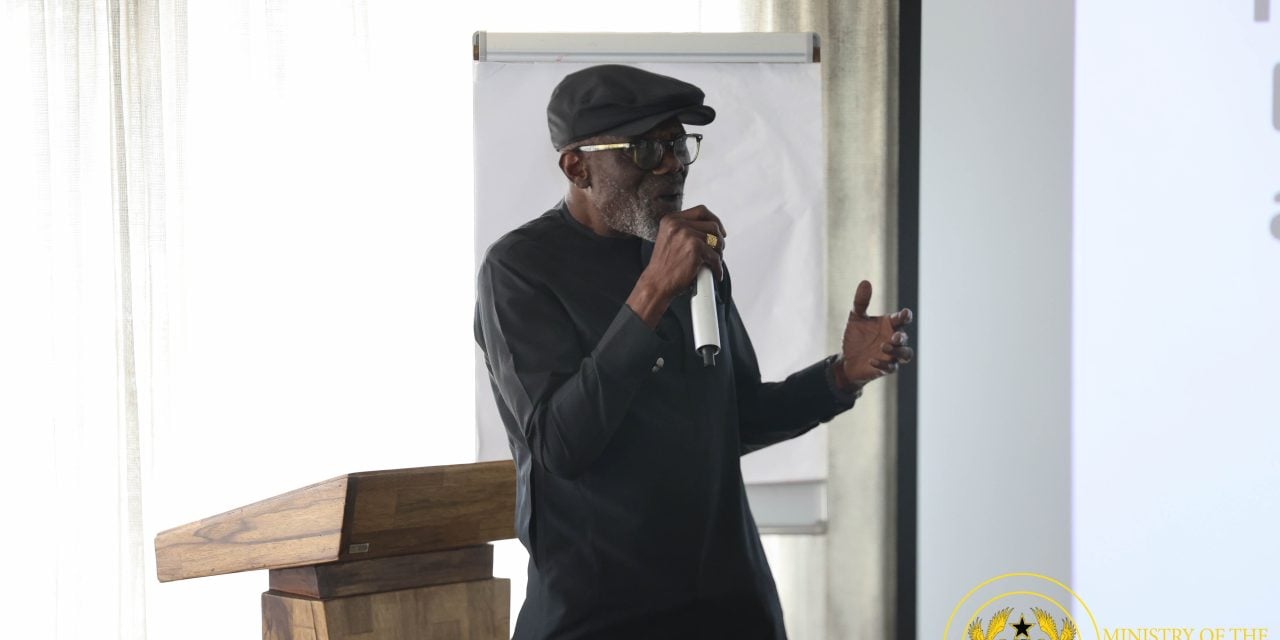
Facebook
Twitter
Pinterest
Instagram
Google+
YouTube
LinkedIn
RSS